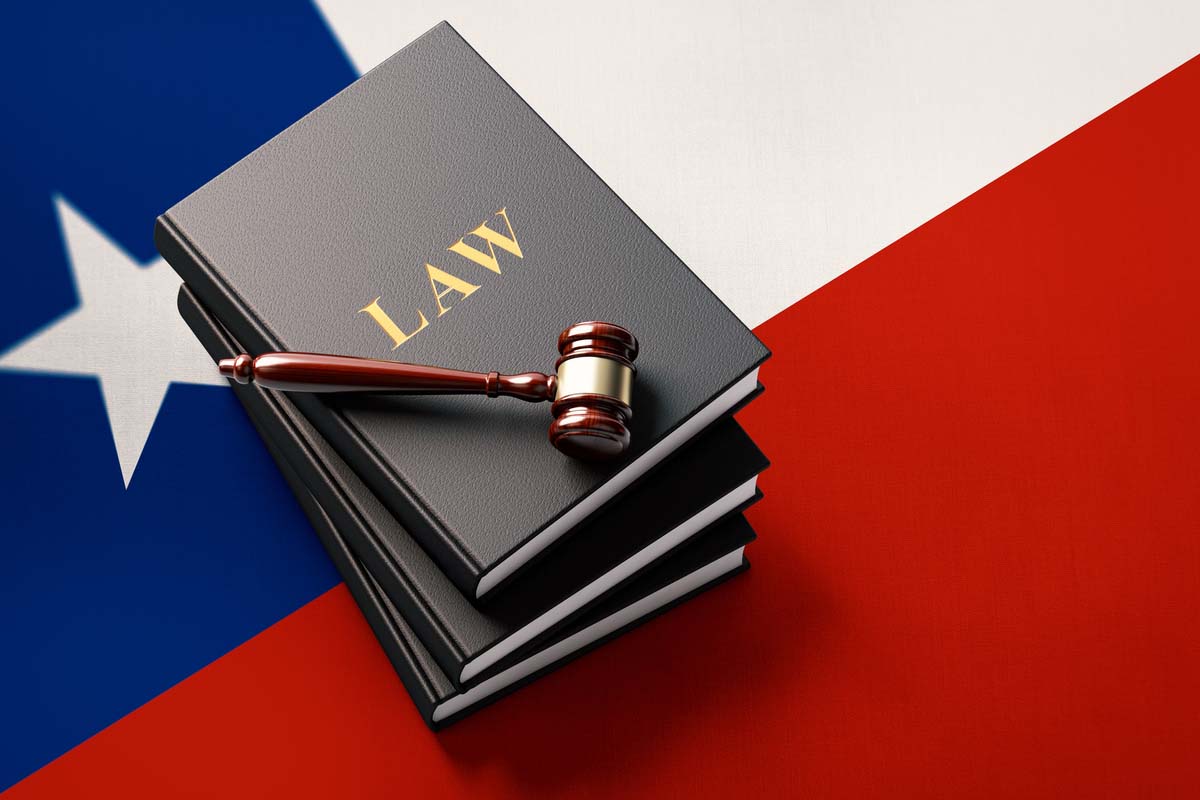Latin American and Caribbean ambassadors seek blessings at ISKCON Delhi
ISKCON Delhi, also known as Sri Sri Radha Parthasarathi Mandir, is a revered Vaishnav temple dedicated to Lord Krishna and Radharani.
More than 80 per cent of Chileans are said to be in favour of a new Constitution.

Representational image (Photo: iStock)
Ironically enough, the upheaval has united Chile after month-long protests that have roiled the country. Friday’s vote for a new Constitution has been greeted by the legislature as a “historic night for Chile” Pre-eminently, the announcement was made by ruling and Opposition leaders, though the assurance has scarcely been able to stem the protests, as Latin America might have imagined.
As actions continue in the streets and work towards next April’s plebiscite gets going, protesters and social movements continue to demand an immediate halt to repression and justice for the killings and abuses that have taken place during the crisis.
Advertisement
It is still not definite whether it will be called a plebiscite or referendum.
Advertisement
Suffice it to register that the vote could lead to a new Constituent Assembly. The remarkable measure of forward movement will be generally welcomed, with the hope that the authorities in Bolivia will also initiate a similar essay to defuse the tension, if necessary with a government plan to rewrite the Constitution.
In response to ongoing protests, the Chilean government has eventually expressed willingness to pursue constitutional reform, and then ceded the demand for a new Constitution. But the government’s plan to conduct the work in Congress was widely rejected.
Further escalation of the crisis appears to have been staved off after the ruling alliance and Opposition forces presented a 12-point “Agreement for Social Peace and a New Constitution” on Friday. It has outlined the basic steps for a new Constitution with the participation of citizens.
In an April 2020 plebiscite, Chileans will be able to vote on whether they want a new Constitution and, if so, whether they want it to be drafted by a mixed citizen-legislator convention.
More than 80 per cent of Chileans are said to be in favour of a new Constitution.
A new framework is needed in order to pursue legislation that addresses demands related to education, health, water, and other issues of public policy highlighted by the protest movement.
A Constitutional Assembly will theoretically be in a position to frame a new Constitution that guarantees human rights, which do not exist in Chile today.
The complete reversal of the government’s position on such an assembly is seen by many as an important victory. But the news has also been met with trepidation, criticism, when not outright rejection, particularly by social movements.
The 12-point agreement outlines the basic steps, but many details have yet to be defined, and the fact that politicians control the agreement and how it will move forward is a key concern for many protesters.
The general refrain in the country just about sums up the core of the crisis ~ “There is so much inequality. Whether politicians are right-wing or left-wing, it’s the same.”
Advertisement